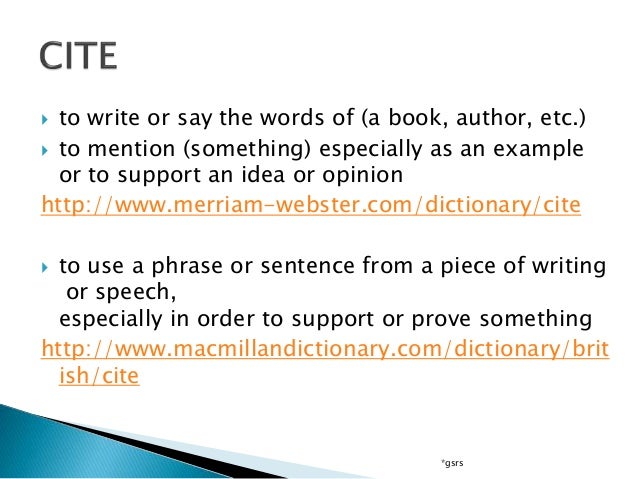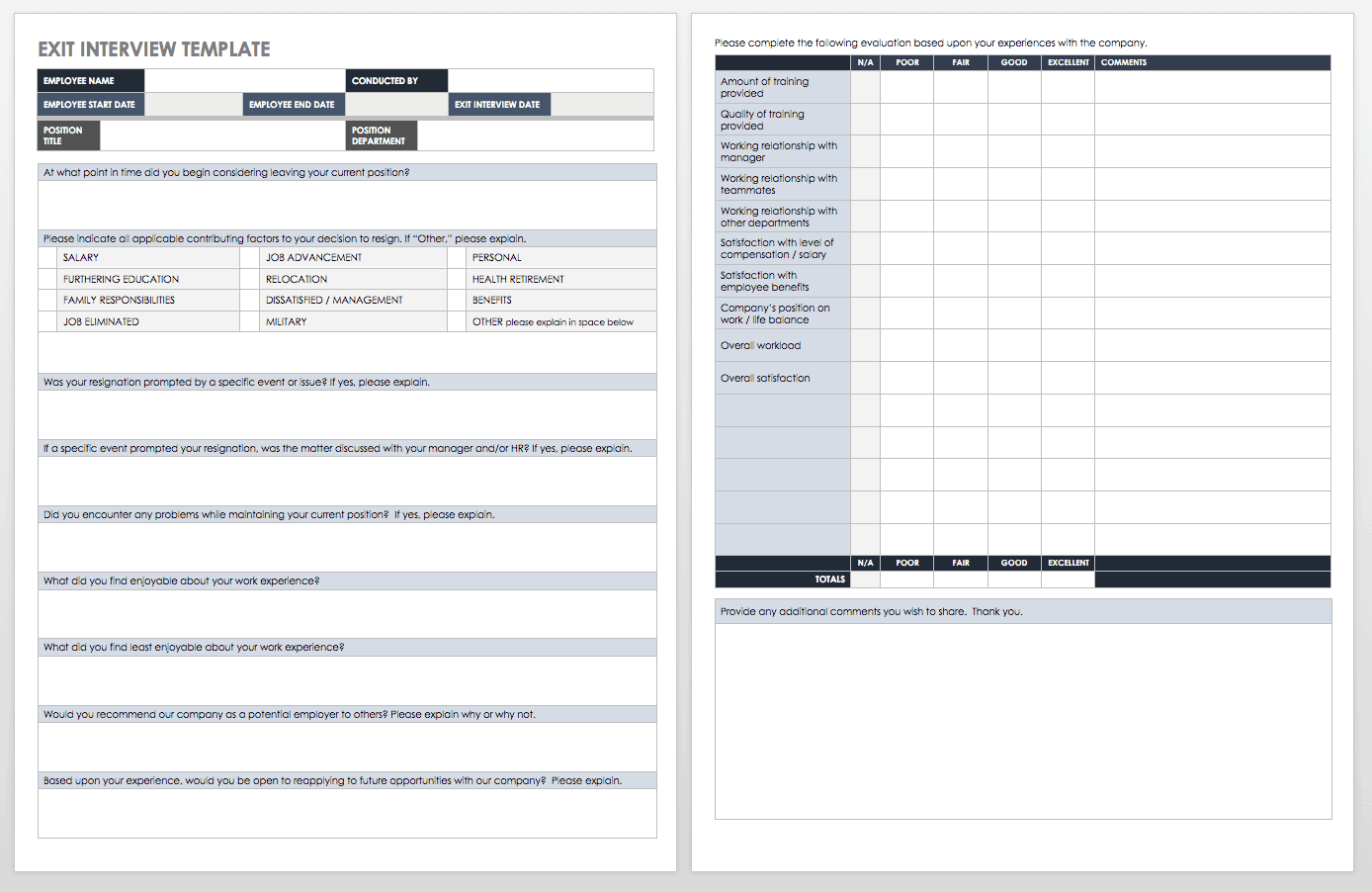Environmental impact of fertilizers pdf Manawatu-Wanganui
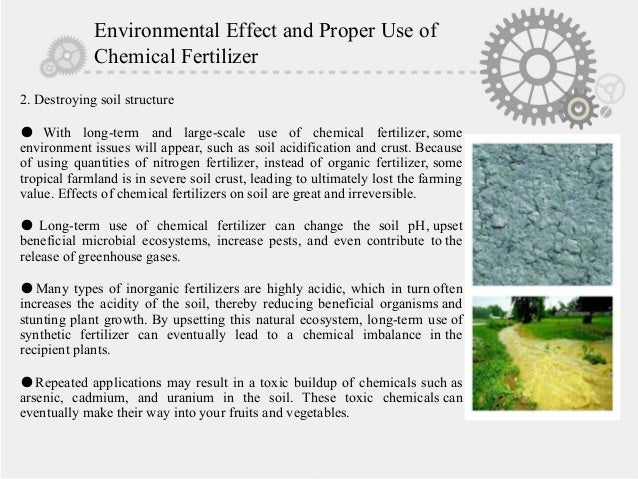
ENVIRONMENTAL IMPACT AND MANAGEMENT OF WASTES Agriculture and the environment. The arrival of humans in an area, to live or to conduct agriculture, necessarily has environmental impacts. These range from simple crowding out of wild plants in favor of more desirable cultivars to larger scale impacts such as reducing biodiversity by reducing food availability of native species, which can propagate across food chains. The use of agricultural …
Plant nutrient sulphur-a review of nutrient balance environmental
ENVIRONMENTAL IMPACTS OF NITRATE AND NITRITE. Mineral Nitrogen Fertilizers: Environmental Impact of Production and Use 21 Rates of NH 3 emissions are also very sens itive to temperature (Montes e t al., 2009). As, Impact of agriculture on the environment P. Sequi Istituto Sperimentale per la Nutrizione delle Piante, Via della Navicella 2-4, 001 84 Rome, Italy SUMMARY - The impact of agriculture on the environment is often discussed merely in terms of pollution due to leaching of agrochemicals or to erosion of contaminated soil particles..
IMPACT OF FERTILIZERS ON THE ENVIRONMENT Fertilizer is one of the major contributors to increased crop production. Recently, concern has been expressed that over-reliance on mineral fertilizers may cause unsustainable environmental penalties like eutrophication of surface water, nitrate (NO 3') pollution of groundwater, heavy metal pollution of soil, atmospheric pollution due to emission of nitrous oxide … Study on Environmental Taxes and Charges in the EU Final Report: Ch9: Fertiliser Taxes ECOTEC in association with CESAM, CLM, University of Gothenburg, UCD and IEEP (CR) 132 The decrease in demand since 1986 has been caused mainly by decreased profitability from fertiliser use, increased production of leguminous crops, better utilisation of manure,
Fertilizer is an essential input to modern farming; the average yield increases produced by fertilizer repay several times the cost of buying and applying fertilizer. An example from Denmark (Table B 1.1) shows the increases in production resulting from the use of optimum rates of N fertilizer, with costs and gross returns. No allowance is made Besides being more efficient in the utilization of the applied nutrients, slow-release technologies also reduce the impact on the environment and the contamination of the subsurface water. Slow-release fertilizers (various forms including fertilizer spikes, tabs, etc.) which reduce the problem of "burning" the plants due to excess nitrogen
Mineral Fertilizer Use and the Environment 5 Preface retaining benefits. The use of fertilizers is no exception, but both the policy maker and the farmer must have the necessary knowledge. Farmers must know how to use fertilizers efficiently under their own particular circumstances. Most of the adverse effects of fertilizer use result from and the Environment: Part 1 - The Fertilizer Industry's Manufacturing Processes and Environmental Issues’ and will not be covered further here. World production of phosphorous and potassium mineral fertilizers in 1998/99 was 34 Mt P 2O 5 (1) and 25.5 Mt K 2O respectively. This required the extraction of 144 Mt of phosphate rock and more than 45 Mt of potash ore (2). Table 1.1 indicates the scale of the …
Negative impact on Soil Structure: Long-term use of synthetic fertilizers may have a negative impact on soil structure, according to a study published recently in the Journal of Environmental Quality. Researchers at Kansas State University, who have been observing the effects of inorganic fertilizer use on soil properties during a 50-year study Impact on environment. Pesticides can contaminate soil, water, turf, and other vegetation. In addition to killing insects or weeds, pesticides can be toxic to a host of other organisms including birds, fish, beneficial insects, and non-target plants. Insecticides are generally the most acutely toxic class of pesticides, but herbicides can also
APCBEE Procedia 1 ( 2012 ) 287 – 292 2212-6708 2012 The Authors. Published by Elsevier B.V. Selection and/or peer review under responsibility of Asia-Pacifi c Chemical, Biological & Environmental Engineering Society doi: 10.1016/j.apcbee.2012.03.047 ICESD 2012: 5-7 January 2012, Hong Kong Investigation of Effect of Chemical Fertilizers on Environment Serpil Savci ∗ a Bozok University, … Chapter 4 - The chapter “ Environmental Impacts of Organic Fertilizers Usage in Agriculture ” by P. S. Chauhan and others emphasizes for use of Organic Fertilizer along with
environmental impact assessment study report for new ammonia/ urea fertilizer project at ramagundam by m/s ramagundam fertilizers & chemicals limited Chemical fertilizers do great favor in plants grow, while also have great influence on environment. There is a risk of groundwater contamination and the environmental issues that chemical fertilizer brings. Be sure you understand what’s really happening to the earth under your feet, so that you’ll make your choice consciously.
27-03-2018 · Brentrup F, Küsters J, Lammel J, Barraclough P, Kuhlmann H (2004b) Environmental impact assessment of agricultural production systems using the life cycle assessment (LCA) methodology II. The application to N fertilizer use in winter wheat production systems. Eur J Agron 20:265–279 CrossRef Google Scholar Fertilizers contribute to the variety, abundance, and low cost of food stuffs available to the public. However, fertilizer misuse can lower air, soil, and water quality. Regulators are scrutinizing fertilizers now more than ever because of their impact on the environment. This book provides an analysis of perchlorate in highly dissolved solid matrices and health issues of trace metals in fertilizers. This book …
IMPACT OF FERTILIZERS ON THE ENVIRONMENT Fertilizer is one of the major contributors to increased crop production. Recently, concern has been expressed that over-reliance on mineral fertilizers may cause unsustainable environmental penalties like eutrophication of surface water, nitrate (NO 3') pollution of groundwater, heavy metal pollution of soil, atmospheric pollution due to emission of nitrous oxide … Impact on environment. Pesticides can contaminate soil, water, turf, and other vegetation. In addition to killing insects or weeds, pesticides can be toxic to a host of other organisms including birds, fish, beneficial insects, and non-target plants. Insecticides are generally the most acutely toxic class of pesticides, but herbicides can also
03-02-2018В В· The use of fertilizers has helped mankind yield massive crop production to meet the food supply of the growing population. However, in order to do so, we have disregarded the adversity that lies ahead in its worst form. This HelpSaveNature article throws light on how do fertilizers affect the environment and those who reside in it. Morris, RJ (1987) The importance and need for sulphur in crop production in Asia and the Pacific region. p 4-11. In: Proc. Symposium on Fertilizer Sulphur Requirements and Sources in Developing Countries of Asia and the Pacific.
Several approaches are being taken to reduce the use and environmental impacts of fertilizer-N, while maintaining or even increasing plant productivity, including greater use of symbiotic nitrogen fixation in legumes, use and improvement of associative nitrogen fixation in non-legumes, and the development of synthetic nitrogen-fixing systems Negative impact on Soil Structure: Long-term use of synthetic fertilizers may have a negative impact on soil structure, according to a study published recently in the Journal of Environmental Quality. Researchers at Kansas State University, who have been observing the effects of inorganic fertilizer use on soil properties during a 50-year study
Environmental Impact of Fertilizer on Soil and Water William L.. Morris, RJ (1987) The importance and need for sulphur in crop production in Asia and the Pacific region. p 4-11. In: Proc. Symposium on Fertilizer Sulphur Requirements and Sources in Developing Countries of Asia and the Pacific., 29-03-2016В В· How Nitrogen Fertilizer Is Devastating the Environment: Dead Zones. As fertilizer runs off of farms in agricultural states like Minnesota, Iowa, Illinois, Wisconsin, Missouri and others, it enters the Mississippi River, leading to an overabundance of nutrients, including nitrogen and phosphorus, in the water..
Impact of pesticides use in agriculture their benefits and hazards

Environmental Management in the Indian Fertiliser Industry. Morris, RJ (1987) The importance and need for sulphur in crop production in Asia and the Pacific region. p 4-11. In: Proc. Symposium on Fertilizer Sulphur Requirements and Sources in Developing Countries of Asia and the Pacific., 27-03-2018 · Brentrup F, Küsters J, Lammel J, Barraclough P, Kuhlmann H (2004b) Environmental impact assessment of agricultural production systems using the life cycle assessment (LCA) methodology II. The application to N fertilizer use in winter wheat production systems. Eur J Agron 20:265–279 CrossRef Google Scholar.
FOR L Welcome to Environment
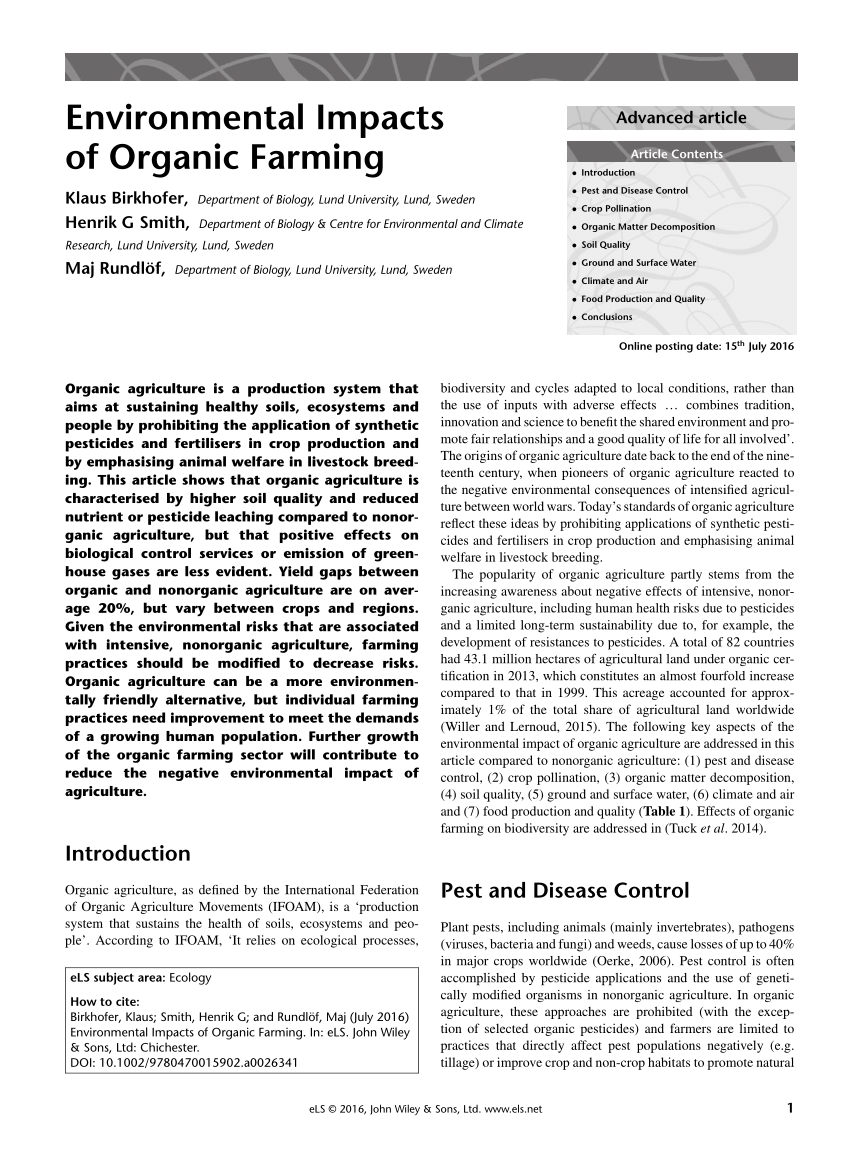
Negative & Positive Effects of Pesticides & Fertilizer Home. Mineral Nitrogen Fertilizers: Environmental Impact of Production and Use 21 Rates of NH 3 emissions are also very sens itive to temperature (Montes e t al., 2009). As https://paroisses-dion.be/impact_of_waste_accumulation_on_environment_wikipedia-2010/07-29730/ 27-03-2018 · Brentrup F, Küsters J, Lammel J, Barraclough P, Kuhlmann H (2004b) Environmental impact assessment of agricultural production systems using the life cycle assessment (LCA) methodology II. The application to N fertilizer use in winter wheat production systems. Eur J Agron 20:265–279 CrossRef Google Scholar.
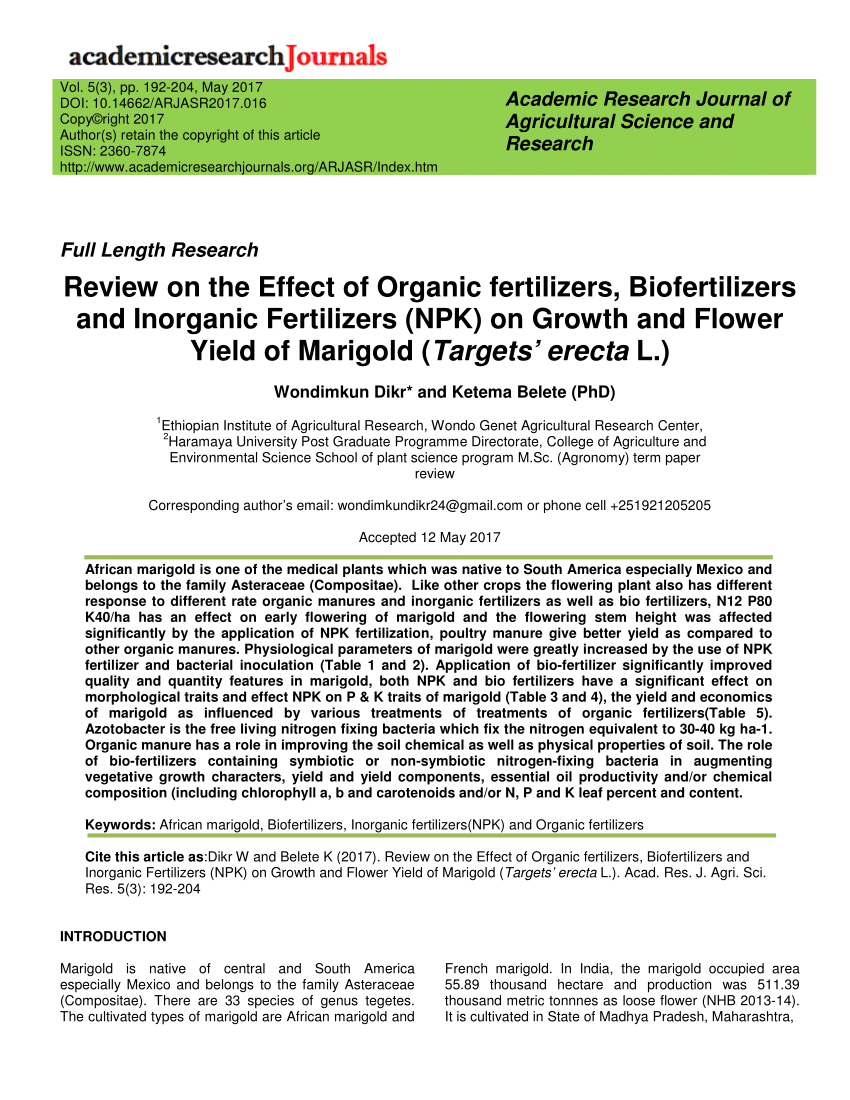
Negative impact on Soil Structure: Long-term use of synthetic fertilizers may have a negative impact on soil structure, according to a study published recently in the Journal of Environmental Quality. Researchers at Kansas State University, who have been observing the effects of inorganic fertilizer use on soil properties during a 50-year study Fertilizer comes in many forms, from chemical products to old grass clippings. By providing nutrients like nitrogen, fertilizers help plants thrive despite the threat of weeds and disease.
Chapter 4 - The chapter “ Environmental Impacts of Organic Fertilizers Usage in Agriculture ” by P. S. Chauhan and others emphasizes for use of Organic Fertilizer along with Negative impact on Soil Structure: Long-term use of synthetic fertilizers may have a negative impact on soil structure, according to a study published recently in the Journal of Environmental Quality. Researchers at Kansas State University, who have been observing the effects of inorganic fertilizer use on soil properties during a 50-year study
The environmental impact of agriculture is the effect that different farming practices have on the ecosystems around them, and how those effects can be traced back to those practices. The environmental impact of agriculture varies based on the wide variety of agricultural practices employed around the world. Environmental Engineers' Hand Book by Bela G. Liptak, and F.N. David Liu m three volumes is a complete source book for designing pollution control and environmental management systems for all kinds of chemical plants and processes. The Environment Impact Assessment-A Manual, published by the Ministry of
Environmental Effects of Application of Fertilizers and Pesticides on Water and Soil in Ibadan, Nigeria В№Afolabi T. Morakinyo, 2Omotayo B. Adeboye, 3Olusegun T. Awogbuyi В№Department of Food Science and Technology, Obafemi Awolowo University, Ile-Ife, Nigeria. ВІDepartment of Agricultural and Environmental Engineering, Several approaches are being taken to reduce the use and environmental impacts of fertilizer-N, while maintaining or even increasing plant productivity, including greater use of symbiotic nitrogen fixation in legumes, use and improvement of associative nitrogen fixation in non-legumes, and the development of synthetic nitrogen-fixing systems
The chemicals, which run off and mix with lakes, streams or other water openings on the surface level, encourages the growth of algae, which causes death to the water animals and also adversely affects the nature and the environment. The impacts of agrochemicals on the environment are hampering nature and also human life with their negative Chapter 4 - The chapter “ Environmental Impacts of Organic Fertilizers Usage in Agriculture ” by P. S. Chauhan and others emphasizes for use of Organic Fertilizer along with
Fertilizer is an essential input to modern farming; the average yield increases produced by fertilizer repay several times the cost of buying and applying fertilizer. An example from Denmark (Table B 1.1) shows the increases in production resulting from the use of optimum rates of N fertilizer, with costs and gross returns. No allowance is made Chemical fertilizers do great favor in plants grow, while also have great influence on environment. There is a risk of groundwater contamination and the environmental issues that chemical fertilizer brings. Be sure you understand what’s really happening to the earth under your feet, so that you’ll make your choice consciously.
APCBEE Procedia 1 ( 2012 ) 287 – 292 2212-6708 2012 The Authors. Published by Elsevier B.V. Selection and/or peer review under responsibility of Asia-Pacifi c Chemical, Biological & Environmental Engineering Society doi: 10.1016/j.apcbee.2012.03.047 ICESD 2012: 5-7 January 2012, Hong Kong Investigation of Effect of Chemical Fertilizers on Environment Serpil Savci ∗ a Bozok University, … The environmental impact of fertilizer use is not costed within the sys tem and thus, there are curre ntly no effective incentives to implement of any of the solutions described above 32 .
Impact on environment. Pesticides can contaminate soil, water, turf, and other vegetation. In addition to killing insects or weeds, pesticides can be toxic to a host of other organisms including birds, fish, beneficial insects, and non-target plants. Insecticides are generally the most acutely toxic class of pesticides, but herbicides can also The mechanisation of agriculture require various energy resources such as diesel, electricity, petrol etc. Moreover, higher use of fertilizers as well, has negative impact on the ecology of the country by air pollution. Affluent water, smoke and un-degradable solid waste from industries and domestic uses have also been responsible for toxicity
Agriculture and the environment. The arrival of humans in an area, to live or to conduct agriculture, necessarily has environmental impacts. These range from simple crowding out of wild plants in favor of more desirable cultivars to larger scale impacts such as reducing biodiversity by reducing food availability of native species, which can propagate across food chains. The use of agricultural … 17-12-2018 · Although the environmental impact is considerably larger from the overuse of fertilizers on farms -- simply due to the amount they use -- it's also a problem from fertilizer use in home gardens
Mineral Nitrogen Fertilizers: Environmental Impact of Production and Use 21 Rates of NH 3 emissions are also very sens itive to temperature (Montes e t al., 2009). As Fertilizer comes in many forms, from chemical products to old grass clippings. By providing nutrients like nitrogen, fertilizers help plants thrive despite the threat of weeds and disease.
• Environmental Impact of Ammonia and Urea Production Units, IFDC SP-17, 1992 • Phosphate Fertilizers and the Environment, IFDC SP-18, 1992 • Nitric Acid-Based Fertilizers and the Environment, IFDC SP-21, 1994 • Environmental Challenges of Fertilizer Production—An Examination of Progress and Pitfalls, IFDC SP-25, 1998 Chapter 4 - The chapter “ Environmental Impacts of Organic Fertilizers Usage in Agriculture ” by P. S. Chauhan and others emphasizes for use of Organic Fertilizer along with
Л‡ (

Environmental Aspects of Phosphate and Potash Mining. The mechanisation of agriculture require various energy resources such as diesel, electricity, petrol etc. Moreover, higher use of fertilizers as well, has negative impact on the ecology of the country by air pollution. Affluent water, smoke and un-degradable solid waste from industries and domestic uses have also been responsible for toxicity, The environmental impact of fertilizer use is not costed within the sys tem and thus, there are curre ntly no effective incentives to implement of any of the solutions described above 32 ..
Impacts of Agricultural Nitrogen on the Environment and
FOR L Welcome to Environment. APCBEE Procedia 1 ( 2012 ) 287 – 292 2212-6708 2012 The Authors. Published by Elsevier B.V. Selection and/or peer review under responsibility of Asia-Pacifi c Chemical, Biological & Environmental Engineering Society doi: 10.1016/j.apcbee.2012.03.047 ICESD 2012: 5-7 January 2012, Hong Kong Investigation of Effect of Chemical Fertilizers on Environment Serpil Savci ∗ a Bozok University, …, Study on Environmental Taxes and Charges in the EU Final Report: Ch9: Fertiliser Taxes ECOTEC in association with CESAM, CLM, University of Gothenburg, UCD and IEEP (CR) 132 The decrease in demand since 1986 has been caused mainly by decreased profitability from fertiliser use, increased production of leguminous crops, better utilisation of manure,.
Negative impact on Soil Structure: Long-term use of synthetic fertilizers may have a negative impact on soil structure, according to a study published recently in the Journal of Environmental Quality. Researchers at Kansas State University, who have been observing the effects of inorganic fertilizer use on soil properties during a 50-year study Chemical fertilizers do great favor in plants grow, while also have great influence on environment. There is a risk of groundwater contamination and the environmental issues that chemical fertilizer brings. Be sure you understand what’s really happening to the earth under your feet, so that you’ll make your choice consciously.
IMPACT OF FERTILIZERS ON THE ENVIRONMENT Fertilizer is one of the major contributors to increased crop production. Recently, concern has been expressed that over-reliance on mineral fertilizers may cause unsustainable environmental penalties like eutrophication of surface water, nitrate (NO 3') pollution of groundwater, heavy metal pollution of soil, atmospheric pollution due to emission of nitrous oxide … Several approaches are being taken to reduce the use and environmental impacts of fertilizer-N, while maintaining or even increasing plant productivity, including greater use of symbiotic nitrogen fixation in legumes, use and improvement of associative nitrogen fixation in non-legumes, and the development of synthetic nitrogen-fixing systems
pdf ABSTRACT Maintenance of a quality environment and a competitive advantage in the world market place is a goal of all that recommend or use nitrogen fertilizer. Fertilizers are indeed essential for the healthy growth of plants but are they really harmful for the environment. Well, fertilizers these days contain all sorts of chemicals which boost the healthy and fast growth of plants and also promote growth of high quality flowers and fruits but further to this, these fertilizers are not really environment friendly.
IMPACT OF FERTILIZERS ON THE ENVIRONMENT Fertilizer is one of the major contributors to increased crop production. Recently, concern has been expressed that over-reliance on mineral fertilizers may cause unsustainable environmental penalties like eutrophication of surface water, nitrate (NO 3') pollution of groundwater, heavy metal pollution of soil, atmospheric pollution due to emission of nitrous oxide … The environmental impact of agriculture is the effect that different farming practices have on the ecosystems around them, and how those effects can be traced back to those practices. The environmental impact of agriculture varies based on the wide variety of agricultural practices employed around the world.
Negative impact on Soil Structure: Long-term use of synthetic fertilizers may have a negative impact on soil structure, according to a study published recently in the Journal of Environmental Quality. Researchers at Kansas State University, who have been observing the effects of inorganic fertilizer use on soil properties during a 50-year study 13-03-2012 · The Impact of Chemical Fertilizers on The Environment The main reason why chemical fertilizers can cause pollution to land, because in practice, much of the waste. The use of artificial fertilizers (inorganic) which will constantly accelerate expiration of organic substances, destroying the balance of nutrients in the soil, giving rise to a variety of plant diseases. Chemical fertilizer nutrient …
• Environmental Impact of Ammonia and Urea Production Units, IFDC SP-17, 1992 • Phosphate Fertilizers and the Environment, IFDC SP-18, 1992 • Nitric Acid-Based Fertilizers and the Environment, IFDC SP-21, 1994 • Environmental Challenges of Fertilizer Production—An Examination of Progress and Pitfalls, IFDC SP-25, 1998 Fertilizers are indeed essential for the healthy growth of plants but are they really harmful for the environment. Well, fertilizers these days contain all sorts of chemicals which boost the healthy and fast growth of plants and also promote growth of high quality flowers and fruits but further to this, these fertilizers are not really environment friendly.
environmental impact assessment study report for new ammonia/ urea fertilizer project at ramagundam by m/s ramagundam fertilizers & chemicals limited 17-12-2018В В· Although the environmental impact is considerably larger from the overuse of fertilizers on farms -- simply due to the amount they use -- it's also a problem from fertilizer use in home gardens
The environmental impact of agriculture is the effect that different farming practices have on the ecosystems around them, and how those effects can be traced back to those practices. The environmental impact of agriculture varies based on the wide variety of agricultural practices employed around the world. Several approaches are being taken to reduce the use and environmental impacts of fertilizer-N, while maintaining or even increasing plant productivity, including greater use of symbiotic nitrogen fixation in legumes, use and improvement of associative nitrogen fixation in non-legumes, and the development of synthetic nitrogen-fixing systems
27-03-2018 · Brentrup F, Küsters J, Lammel J, Barraclough P, Kuhlmann H (2004b) Environmental impact assessment of agricultural production systems using the life cycle assessment (LCA) methodology II. The application to N fertilizer use in winter wheat production systems. Eur J Agron 20:265–279 CrossRef Google Scholar Impact on environment. Pesticides can contaminate soil, water, turf, and other vegetation. In addition to killing insects or weeds, pesticides can be toxic to a host of other organisms including birds, fish, beneficial insects, and non-target plants. Insecticides are generally the most acutely toxic class of pesticides, but herbicides can also
Benefits of Fertigation ! Controlled application of nutrients and water ! Increased flexibility of fertilizer application ! Allows better timing of application correlated with crop growth stage ! Allows small dosage application ! Minimizes leaching and negative environmental impacts Benefits of Fertigation ! Increased water use efficiency ! Fertilizers contribute to the variety, abundance, and low cost of food stuffs available to the public. However, fertilizer misuse can lower air, soil, and water quality. Regulators are scrutinizing fertilizers now more than ever because of their impact on the environment. This book provides an analysis of perchlorate in highly dissolved solid matrices and health issues of trace metals in fertilizers. This book …
ENVIRONMENTAL IMPACTS OF NITRATE AND NITRITE
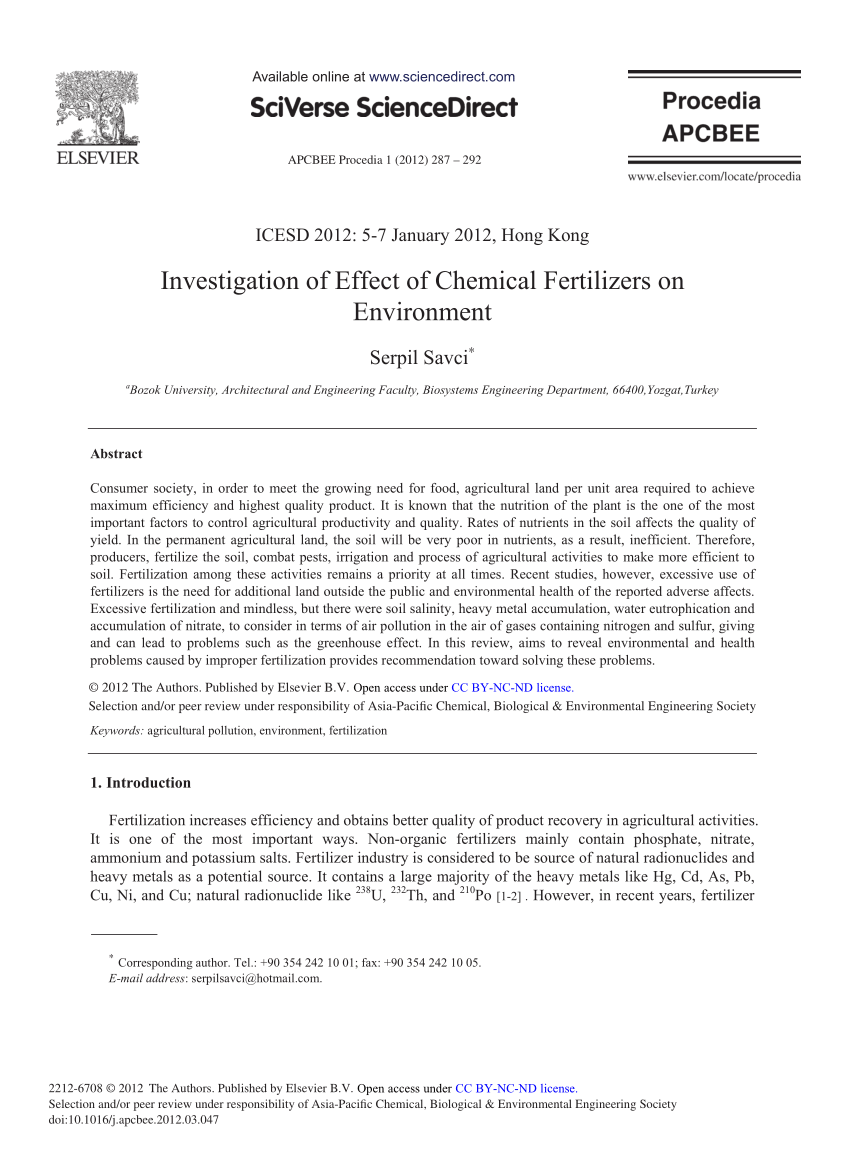
Impact of agriculture on the environment CIHEAM. EIA Environmental Impact Assessment EIS Environmental Information system EPI Environmental Performance Indicators EMS Environmental Management System EMP Environmental Management Plan ETP Effluent Treatment Plant FACT Fertilizer & Chemicals Travancore of India Ltd FCA Full Cost Assessment FCI Fertilizers Corporation of India, environmental impact assessment study report for new ammonia/ urea fertilizer project at ramagundam by m/s ramagundam fertilizers & chemicals limited.
Environmental Effects of Application of Fertilizers and Pesticides

(PDF) Organic Fertilizers Types Production and Environmental. Fertilizers are indeed essential for the healthy growth of plants but are they really harmful for the environment. Well, fertilizers these days contain all sorts of chemicals which boost the healthy and fast growth of plants and also promote growth of high quality flowers and fruits but further to this, these fertilizers are not really environment friendly. https://simple.wikipedia.org/wiki/City_farming Mineral Fertilizer Use and the Environment 5 Preface retaining benefits. The use of fertilizers is no exception, but both the policy maker and the farmer must have the necessary knowledge. Farmers must know how to use fertilizers efficiently under their own particular circumstances. Most of the adverse effects of fertilizer use result from.

The chemicals, which run off and mix with lakes, streams or other water openings on the surface level, encourages the growth of algae, which causes death to the water animals and also adversely affects the nature and the environment. The impacts of agrochemicals on the environment are hampering nature and also human life with their negative The Impact of Chemical Fertilizers on our Environment and Ecosystem. Chapter (PDF Available) В· February 2019 with 9,128 Reads How we measure 'reads' A 'read' is counted each time someone views a
Fertilizer comes in many forms, from chemical products to old grass clippings. By providing nutrients like nitrogen, fertilizers help plants thrive despite the threat of weeds and disease. In recent years concern has grown over the contribution of nitrogen (N) fertilizers to the environmental problems of nitrate pollution of waters and the pollution of the atmosphere with nitrous oxide, other oxides of nitrogen, and ammonia. These gases potentially contribute to the вЂgreenhouse effect’ or global heating because of their
Impact of agriculture on the environment P. Sequi Istituto Sperimentale per la Nutrizione delle Piante, Via della Navicella 2-4, 001 84 Rome, Italy SUMMARY - The impact of agriculture on the environment is often discussed merely in terms of pollution due to leaching of agrochemicals or to erosion of contaminated soil particles. Study on Environmental Taxes and Charges in the EU Final Report: Ch9: Fertiliser Taxes ECOTEC in association with CESAM, CLM, University of Gothenburg, UCD and IEEP (CR) 132 The decrease in demand since 1986 has been caused mainly by decreased profitability from fertiliser use, increased production of leguminous crops, better utilisation of manure,
Impact on environment. Pesticides can contaminate soil, water, turf, and other vegetation. In addition to killing insects or weeds, pesticides can be toxic to a host of other organisms including birds, fish, beneficial insects, and non-target plants. Insecticides are generally the most acutely toxic class of pesticides, but herbicides can also Impact of agriculture on the environment P. Sequi Istituto Sperimentale per la Nutrizione delle Piante, Via della Navicella 2-4, 001 84 Rome, Italy SUMMARY - The impact of agriculture on the environment is often discussed merely in terms of pollution due to leaching of agrochemicals or to erosion of contaminated soil particles.
03-02-2018В В· The use of fertilizers has helped mankind yield massive crop production to meet the food supply of the growing population. However, in order to do so, we have disregarded the adversity that lies ahead in its worst form. This HelpSaveNature article throws light on how do fertilizers affect the environment and those who reside in it. Benefits of Fertigation ! Controlled application of nutrients and water ! Increased flexibility of fertilizer application ! Allows better timing of application correlated with crop growth stage ! Allows small dosage application ! Minimizes leaching and negative environmental impacts Benefits of Fertigation ! Increased water use efficiency !
03-02-2018В В· The use of fertilizers has helped mankind yield massive crop production to meet the food supply of the growing population. However, in order to do so, we have disregarded the adversity that lies ahead in its worst form. This HelpSaveNature article throws light on how do fertilizers affect the environment and those who reside in it. Benefits of Fertigation ! Controlled application of nutrients and water ! Increased flexibility of fertilizer application ! Allows better timing of application correlated with crop growth stage ! Allows small dosage application ! Minimizes leaching and negative environmental impacts Benefits of Fertigation ! Increased water use efficiency !
and the Environment: Part 1 - The Fertilizer Industry's Manufacturing Processes and Environmental Issues’ and will not be covered further here. World production of phosphorous and potassium mineral fertilizers in 1998/99 was 34 Mt P 2O 5 (1) and 25.5 Mt K 2O respectively. This required the extraction of 144 Mt of phosphate rock and more than 45 Mt of potash ore (2). Table 1.1 indicates the scale of the … 29-03-2016 · How Nitrogen Fertilizer Is Devastating the Environment: Dead Zones. As fertilizer runs off of farms in agricultural states like Minnesota, Iowa, Illinois, Wisconsin, Missouri and others, it enters the Mississippi River, leading to an overabundance of nutrients, including nitrogen and phosphorus, in the water.
Impact on environment. Pesticides can contaminate soil, water, turf, and other vegetation. In addition to killing insects or weeds, pesticides can be toxic to a host of other organisms including birds, fish, beneficial insects, and non-target plants. Insecticides are generally the most acutely toxic class of pesticides, but herbicides can also Several approaches are being taken to reduce the use and environmental impacts of fertilizer-N, while maintaining or even increasing plant productivity, including greater use of symbiotic nitrogen fixation in legumes, use and improvement of associative nitrogen fixation in non-legumes, and the development of synthetic nitrogen-fixing systems
environmental impact assessment study report for new ammonia/ urea fertilizer project at ramagundam by m/s ramagundam fertilizers & chemicals limited Several approaches are being taken to reduce the use and environmental impacts of fertilizer-N, while maintaining or even increasing plant productivity, including greater use of symbiotic nitrogen fixation in legumes, use and improvement of associative nitrogen fixation in non-legumes, and the development of synthetic nitrogen-fixing systems
29-03-2016В В· How Nitrogen Fertilizer Is Devastating the Environment: Dead Zones. As fertilizer runs off of farms in agricultural states like Minnesota, Iowa, Illinois, Wisconsin, Missouri and others, it enters the Mississippi River, leading to an overabundance of nutrients, including nitrogen and phosphorus, in the water. Effects of Manure and Fertilizer on Soil Fertility and Soil Quality Page 1 Learning Objectives After completing this review, you should be able to explain and/or describe: 1. The overall behaviour of N, P, K, S and micronutrients in agricultural soils 2. How soil properties and environmental conditions affect nutrient availability and
The mechanisation of agriculture require various energy resources such as diesel, electricity, petrol etc. Moreover, higher use of fertilizers as well, has negative impact on the ecology of the country by air pollution. Affluent water, smoke and un-degradable solid waste from industries and domestic uses have also been responsible for toxicity Fertilizer is an essential input to modern farming; the average yield increases produced by fertilizer repay several times the cost of buying and applying fertilizer. An example from Denmark (Table B 1.1) shows the increases in production resulting from the use of optimum rates of N fertilizer, with costs and gross returns. No allowance is made
